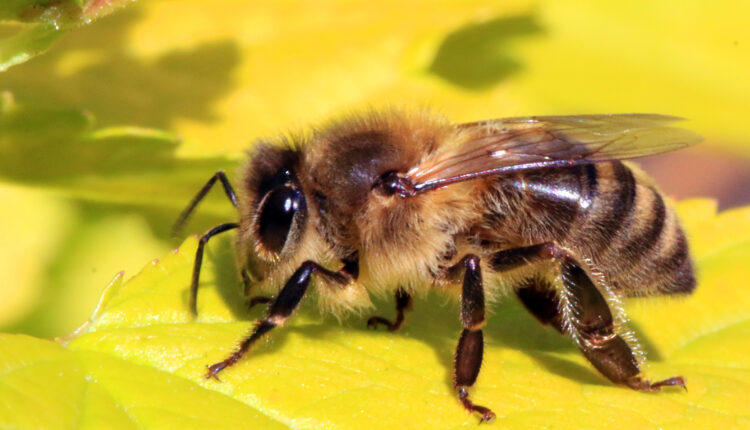Honeybee lifespan half what it was 50 years ago
According to their study, since 1969, the life expectancy of Honeybee in the US has dropped from an average of 34 days to just 18 days.
The future of humanity and other living beings directly depends on that of Honeybees. After all, without the pollinating function of plants. Most of the crops intended for human and livestock food could not be grown. Which would cause a great environmental and social collapse in the food chain. We have been receiving bad news from beekeepers for years. As one in ten species of wild bees are in danger of extinction, according to the European Red List of Bees.
Recently, a new study published in the journal Scientific Reports has added. Another worrying fact about the global population of these insects. Their life expectancy has halved in the last fifty years. Which would be equivalent to suddenly stopping live around 70 or 80 years to begin to die on average at 30 or 40.
This research explains, among other things, the high levels of the disappearance of Honeybee colonies throughout the world in recent decades. Especially in the United States. A country that during the winter between 2006 and 2007 lost around 90% of its colonies. 50 years ago. Pesticides did not exist, which has also taken its toll on their life expectancy.
According to the study, since 1969 the average duration of bee has been reduced from an average of 34 days to just 18. To follow up, Anthony Nearman and Dennis van Engelsdorp of the University of Maryland analyzed worker. Honeybee were removed from hives to be kept in cages and artificial panels, which certainly may have taken a toll on their results.
50 years of data
The authors, Anthony Nearman and Dennis van Engelsdorp of the University of Maryland, used mathematical modelling to show that shorter Honeybee lifespans could lead to massive colony die-offs.
According to their study, since 1969, the life expectancy of Honeybee in the US has dropped from an average of 34 days to just 18 days.
The authors studied worker Honey bee removed from hives and kept in cages, not wild Honey bees, which may have affected their results. But if not, something really worrying is going on.
A mite and artificial products
The causes are not just environmental, as they have suffered major deadly diseases such as the deformed wing virus. Which has become much more common since its discovery 40 years ago due to the global spread of its insect vector. The varroa mite, a species of parasite that affects Honey bees.
Similarly, they have also been affected by artificial pesticides on human crops. Which did not exist 50 years ago. Fertilizers are drastically affecting the electrical field of plants, changing the way bees perceive flowers. These chemicals not only take their toll on human health in the plant products we eat, but also on the bee population.
The pollen with which they feed their larvae is contaminated with pesticides, which could make the situation worse. Another explanation that experts are considering is that the genes of bees have been able to change. Because artificial selection (carried out by beekeepers) has been able to favour bees with shorter lives.
Live fast, die young: Bees are surviving for less and less time due to pesticides and the diseases they contract, as reported by Science Direct magazine.
Threaten the survival of bees
These are not the only problems that threaten the survival of bees. A recent University of Bristol study found that fertilizers are drastically affecting the electrical field of plants. Which is changing the way bees perceive and interact with flowers, decreasing their pollination abilities.
The reduction in the life expectancy of bees. Added to the decrease in pollination levels, endangers 75% of world harvests. And not only that but also nature as we know it since these insects are responsible for pollinating around 80% of all wild plants on the planet.
Contact us: If farmers want to share information or experiences related to farming with us. Then they can do this by calling us on the phone number 9599273766 or by writing an email to kisanofindia.mail@gmail.com or by sending your recording. Through Kisan of India, we will convey your message to the people, because we believe that if the farmers are advanced then the country is happy.

